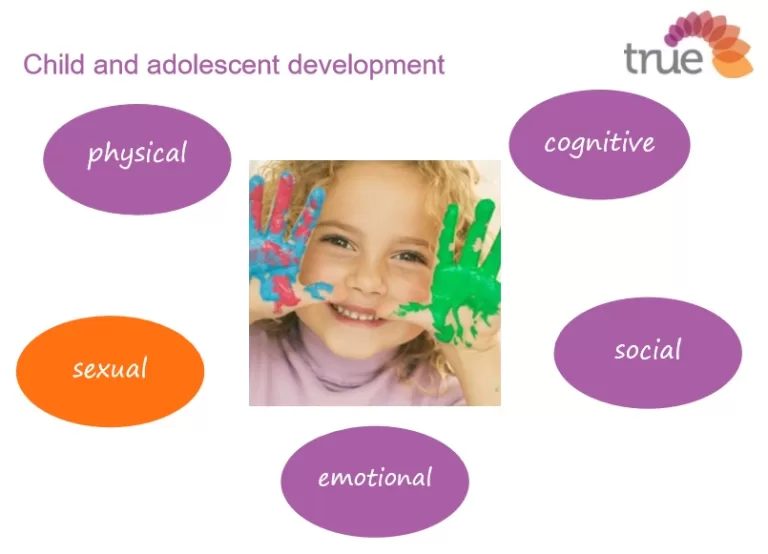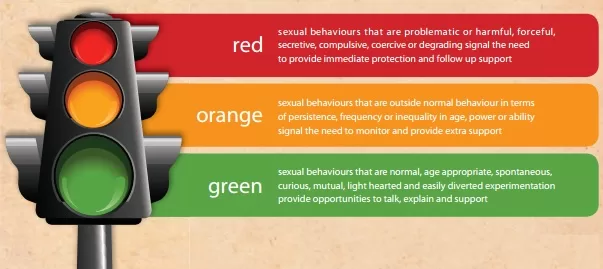Problem Sexual Behaviour
Sexual behaviour may be expressed in a variety of ways, including: language, touch, exploring one`s own body or another`s, sexual activity, games and interactions. All people have the right to express their sexuality. When children or adolescents display sexual behaviour which increases their vulnerability or cause harm to another, adults have a responsibility to take action to provide support and protection.
What is problem sexual behaviour?
Problem sexual behaviour (PSB) may vary from excessive self-stimulation, sexual approaches to adults or children, or obsessive interests in pornography. For some children, these PSBs are highly coercive and involve force; acts that would be described as ‘abusive’ were it not for the child’s age.’
Why some children develop such behaviour?
Children who show problem sexual behaviours often experience multiple or cumulative types of harm to their development (Chaffin 2008; Tarren-Sweeney 2008). Between 35 and 50 per cent have experienced sexual abuse, and around the same proportion have experienced physical or emotional abuse or neglect or have witnessed parental violence (Kambouropoulos 2006; Merrick et al. 2008; Silovsky & Niec 2002). This underlines the importance of early intervention by practitioners and an understanding of family violence frameworks in addition to sexual abuse/problem sexual behaviours.
Experiences of unmanaged stress can lead to cognitive and emotional processing difficulties in children, as well as a lack of trust in their environment.

If sexuality is a normal part of a child`s development, how do I know when a behaviour is of concern?
The Traffic Lights Framework is used to help families and professionals identify when a particular behaviour is part of the normal sexual development of a child and when the behaviour needs intervention. The following image summarizes 3 different categories: Green, Orange and Red.

You can download the full Traffic Lights Framework brochure by clicking HERE.
Should you need more information or wish to talk to a counsellor, please contact us.
